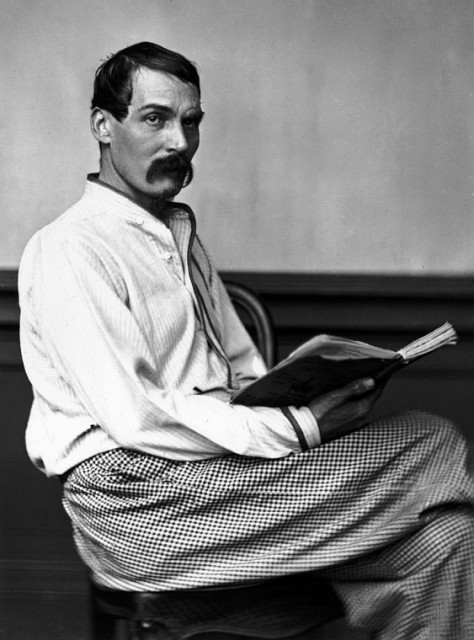Burton, Sir Richard Francis
1821–1890
British explorer
Sir Richard Francis Burton made four journeys in Africa in the mid-1800s. Although he failed in his mission to locate the source of a branch of the Nile River, he contributed greatly to European knowledge of African geography.
Born in Torquay, England, and raised in France and Italy, Burton served in the British army in India. He mastered many languages, including Arabic, and became famous for disguising himself as a Muslim and entering the holy city of Mecca in Arabia. In 1854–1855, an expedition with fellow explorer John Hanning Speke into eastern ETHIOPIA and what is now SOMALIA ended in disaster when Somalis wounded both men. In 1857 the two explorers again moved westward from the East African coast, seeking the source of the White Nile. Their friendship ended in disagreement over whether the river originated in Lake Victoria. Burton, who claimed that it did not, was later proven wrong. Burton's later career included three years of diplomatic service in West Africa, during which he studied local customs. His books about West African life, along with the popular narratives of his earlier explorations, formed the popular image of Africa. Burton died in Trieste, in northeastern Italy. (See also Travel and Exploration.)
